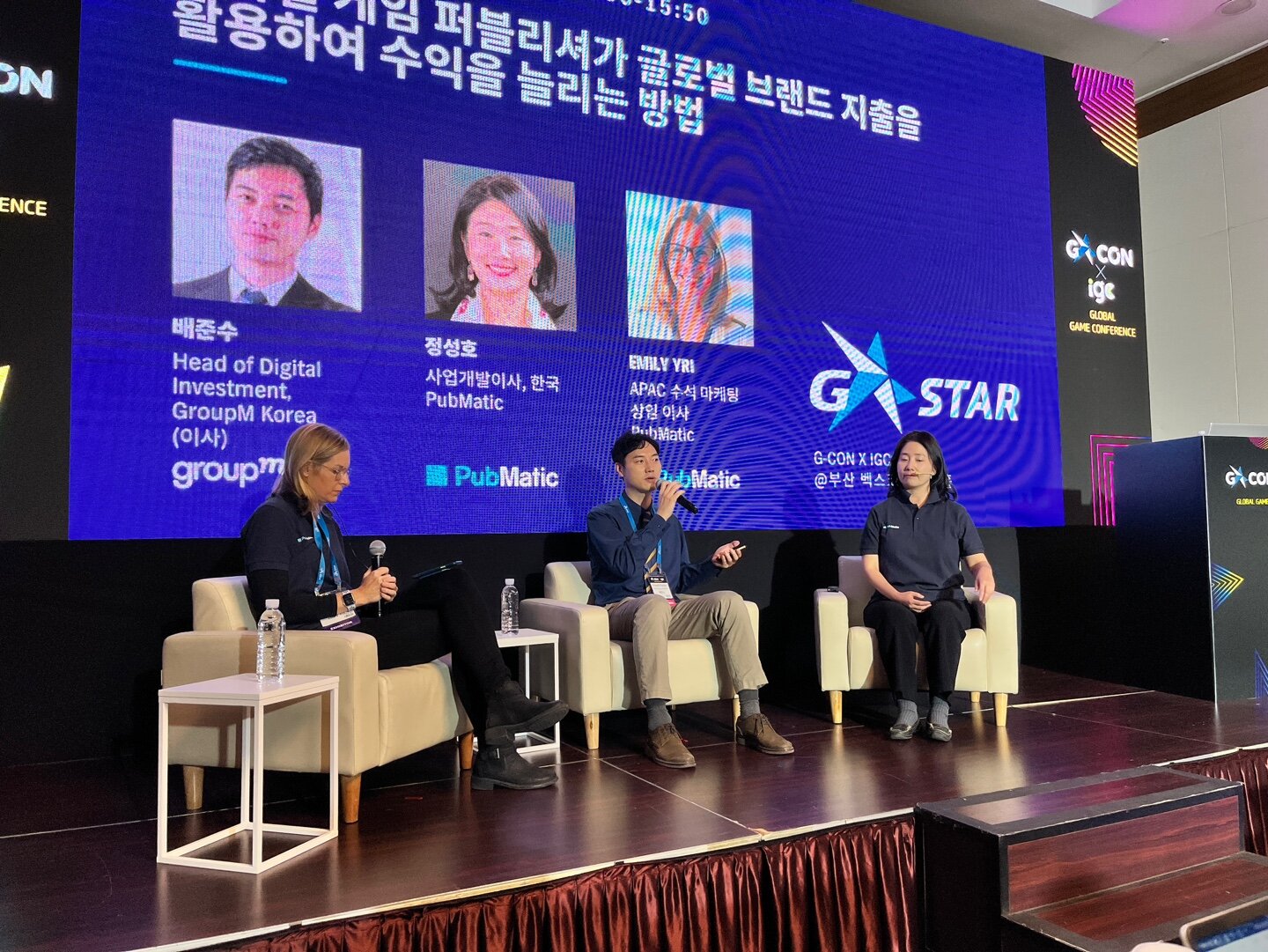In the face of frequent pressure from the United States, a senior Dutch official said that the United States should not expect the Netherlands to take the same approach as the United States to restrict exports to China and will formulate export control regulations to China after the self-assessment.
Dutch Foreign Trade Minister Liesje Schreinemacher said in an interview on Friday (18): “The Netherlands will not follow the actions of the United States. We will evaluate ourselves and discuss with partners such as Japan and the United States.”
Schreinemacher said the Netherlands could impose its own export controls on China and that the government needs more time to decide on potential rules, without specifying what those measures would be.
It is the first time Dutch officials have publicly stated their position on the matter as the United States aggressively encircles China. In order to limit China’s access to advanced semiconductor technology, the Biden administration is actively courting allies and promoting multilateral agreements that can check and balance China.
The remarks also highlight the potential challenge the United States faces in persuading its allies to join the fight against China. Although, like the United States, the Netherlands and Japan have many doubts about China, the two countries still want to maintain access to the Chinese market. Whereas the Dutch company ASML (ASML) dominates the global semiconductor equipment market , the Netherlands is in this fight, the role played in it is also crucial.
Under the restrictions of the US ban, ASML has been unable to ship extreme ultraviolet (EUV) lithography machines to China, but can still supply older models of deep ultraviolet (DUV) lithography machines and other products. Some semiconductor equipment makers had previously estimated that the ban would result in billions of dollars in losses, while ASML and Tokyo Electron believed the impact would be minimal.
Several senior US administration officials, including US Undersecretary of Commerce Alan Estevez, are due to travel to the Netherlands this month to discuss export controls, but Bloomberg does not expect an immediate deal in the talks.
To ensure countries do not bow to US pressure, Chinese President Xi Jinping urged Dutch Prime Minister Mark Rutte at this week’s G20 summit to refrain from disrupting global trade.
This article is not open to reprint partners


